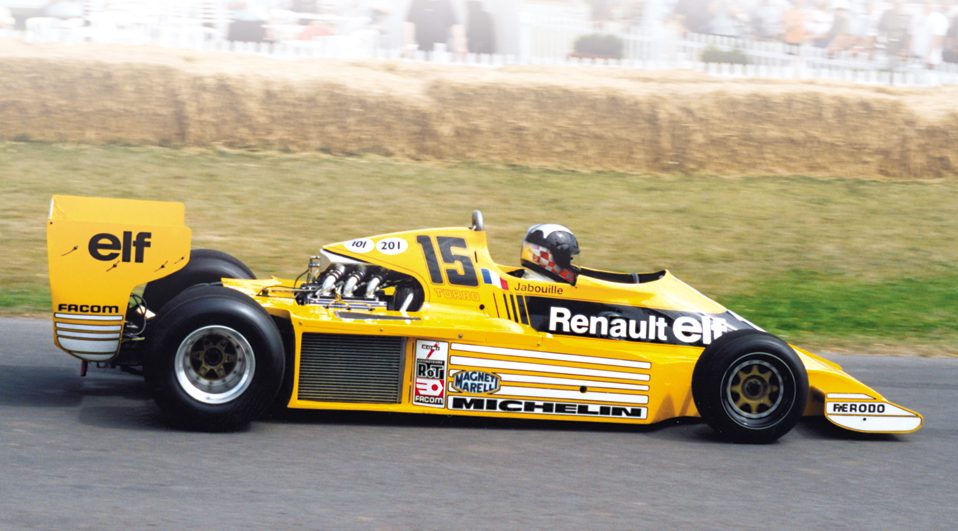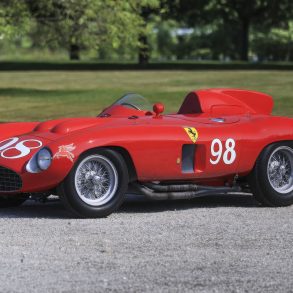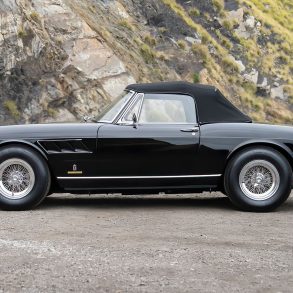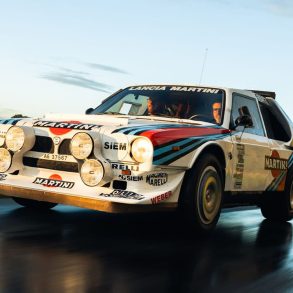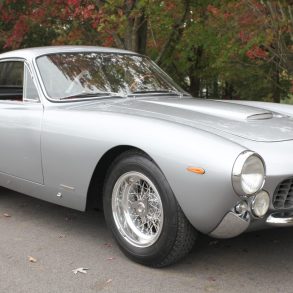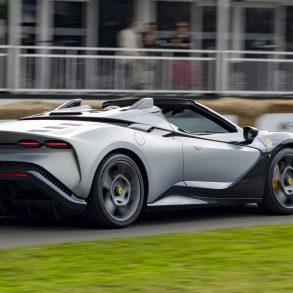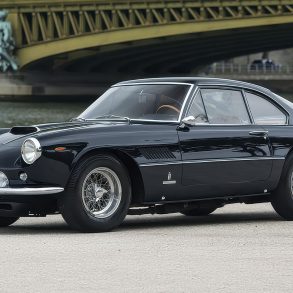You know, I had the experience of working with some great teams and on some “interesting” projects. For example, I was in the Ligier team when they had the Alfa Romeo engine, and that was a very difficult period. The problem was that Alfa had a lot of people who worked on the engine—and on other things—and if you compared that with Ferrari or McLaren or Williams, they were stronger because they had a team working only on the engine. In Formula One, if you don’t have good engineers working hard together, it is not possible to have a good result. I did a lot of tests with that car and engine, but the problem was that you needed to have new parts when you broke something, not just repair that part and test again. That was what happened, and they often didn’t go away and redesign and make new parts. You know, with that approach, it is impossible to have reliability.
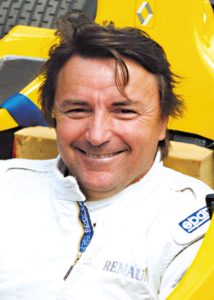
The problem at the time was that Alfa Romeo had good people but they needed to be able to work better and really much quicker. It was difficult, in the coordination between Ligier and Alfa, to get things done—to find a new engine in one hour if you needed it—and I wasn’t in Formula One to just stay on the grid…I wanted to stay on the front of the grid! It was very difficult to work under these conditions. I am sure if Alfa had said, “We push very hard, we put a lot of people into this,” then it would have been possible to have a good result, but nobody decided to do that. I am not sure how it came to an end. I was a driver and I accepted to work very hard with everybody on the chassis and engine. I knew the car could be competitive, but I wanted to develop something with reliability, not just to be on the grid.
When I decided to stop, I stopped. I worked for three good teams, and it became impossible for me to find another team which was competitive, so that was when I stopped. It was never enough for me to just be there, I had to be at the front. The best experience was in the turbocharged Renault. It was very exciting and all of the people in the team were working very hard on this “new” technology. It was very interesting and afterwards, when I arrived at Ferrari, it was another world. It was completely different. He built the complete car—the engine, the chassis, the gearbox—and it is really interesting to work in these conditions with the Fiorano track so near the factory. I had a good opportunity to meet and eat and speak with Mr. Enzo Ferrari and this guy was such a good guy to be able to work with. I had a fantastic relationship with him, he was a very good guy. I always appreciated the opportunity to have so many lunches with him. You know, that is me! I went often to lunch with him and that was a real pleasure for me. His life was only for the sport and racecars. A lot of drivers have to say, “Thank you, Mr. Enzo Ferrari, for what you have done in your life.”
I think he took me seriously. He appreciated my driving and I think my personality, too. He liked people with a very strong personality and he could get very excited when I had lunch with him. It could be a very serious private moment too. We would go to eat at the small house he had in the middle of the track. Sometimes he went to the restaurant near the factory, but with me it was always at the small house, always private. He had a woman there who was a very good cook. It was interesting because we spoke not only about the cars but about politics…a lot…and about everything in life. It was, I think, something really rare and important. He was quite a man.
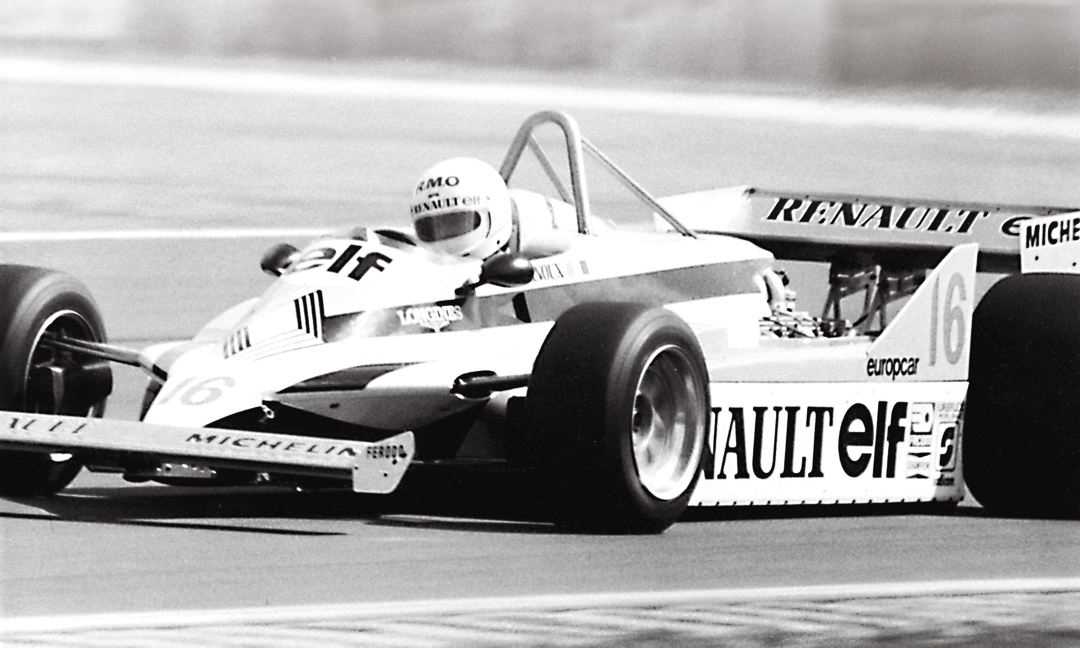
Of course, in my career I also did many things that were very interesting, though not at the level of the experience of working close to Mr. Ferrari. When I moved from the Formula Renault into F2 and won the F2 Championship in 1978, I then went into F1 and that was pretty quick to do that then. But the first years of F1 were hard for me. I drove the Martini…who remembers that?…but I did give Martini their best result in Belgium! Then I drove a Surtees two times at the end of that year before I got the drive at Renault for 1979. I thought it was great but then the first car, the RS01, was terrible and very unreliable and I thought it was not going to be good for me. Then came the new car and I started to get some good positions, then some pole positions and a few times finished in 2nd place behind the Williams and the Ferrari of Gilles (Villeneuve).
The RS20 came in 1980 and I won the race in Brazil and the next race in South Africa and thought I could win the championship, but the turbo engine was not reliable enough, though it was very, very fast and exciting to drive. I had a few more good placings and was 6th in the championship, which was a disappointment to me. The next year was worse and I only had one good result, behind Lafitte…he beat me a few times! I had qualified fastest four times, so again the reliability was a disappointment. The next year, 1982, looked the same, with many pole positions but no results until I beat Alain (Prost) at the French Grand Prix at Paul Ricard, which was a very good race for me to win. My results got better after that with the RE30 and I won again in Italy. That was very important because that was what brought me to Ferrari for the next year. That was such a good year and, as I said, the start of a special experience.
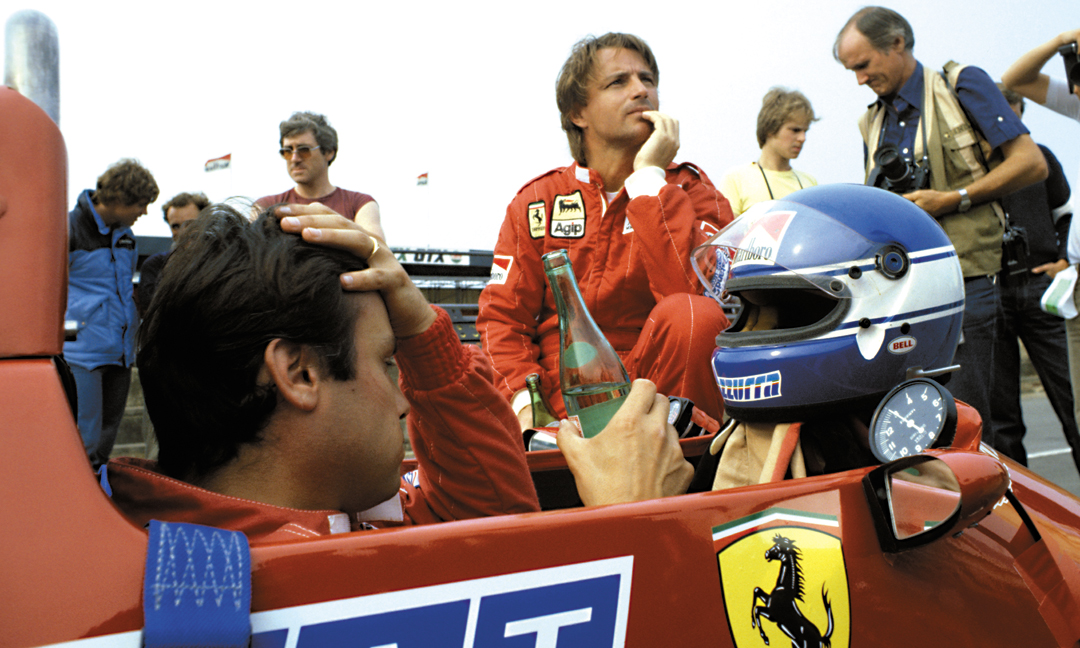
Photo: Ed McDonough


